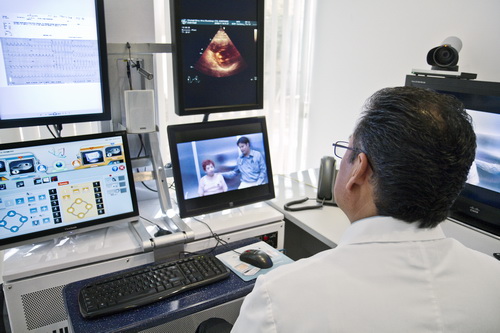A new plan to fight the spread of Zika in Brazil was announced this week. The plan will take mosquitoes infected with the Wolbachia bacteria and release them into areas where Zika is present. Smaller test trials and recent studies using these infected mosquitoes in areas with Zika were successful and showed that Wolbachia infected mosquitoes were unable to transmit Zika virus.
This innovative idea came from the Grand Challenges program that was started by the Gates Foundation. Each year, the program asks scientists to bid for funds with their creative and new ideas to solve some of the world’s most urgent health problems. In 2005, Professor O’Neill’s team from Monash University in Melbourne, Australia proposed infecting mosquitoes with the Wolbachia bacteria to help stop the dengue epidemic. The dengue virus belongs to the same family of viruses as Zika which makes it an excellent candidate for decreasing Zika carrying mosquito populations.
Following the success of small scale Wolbachia control method trails in Australia, Indonesia, Vietnam and Latin America, both Rio de Janeiro in Brazil and Antioquia in Colombia will see Wolbachia mosquitoes released early next year. The infected mosquitoes are expected to breed with local mosquitoes and pass the bacteria to their offspring. The project is not only self-sustaining and proven to drastically eradicate Zika carrying mosquitoes but it is also affordable and can help stop the spread of other viruses as well such as yellow fever. Wolbachia bacteria itself is benign, completely safe and found in 25% to 70% of all insects. Hopes are high for this newly developed method to end the Zika epidemic once and for all!




